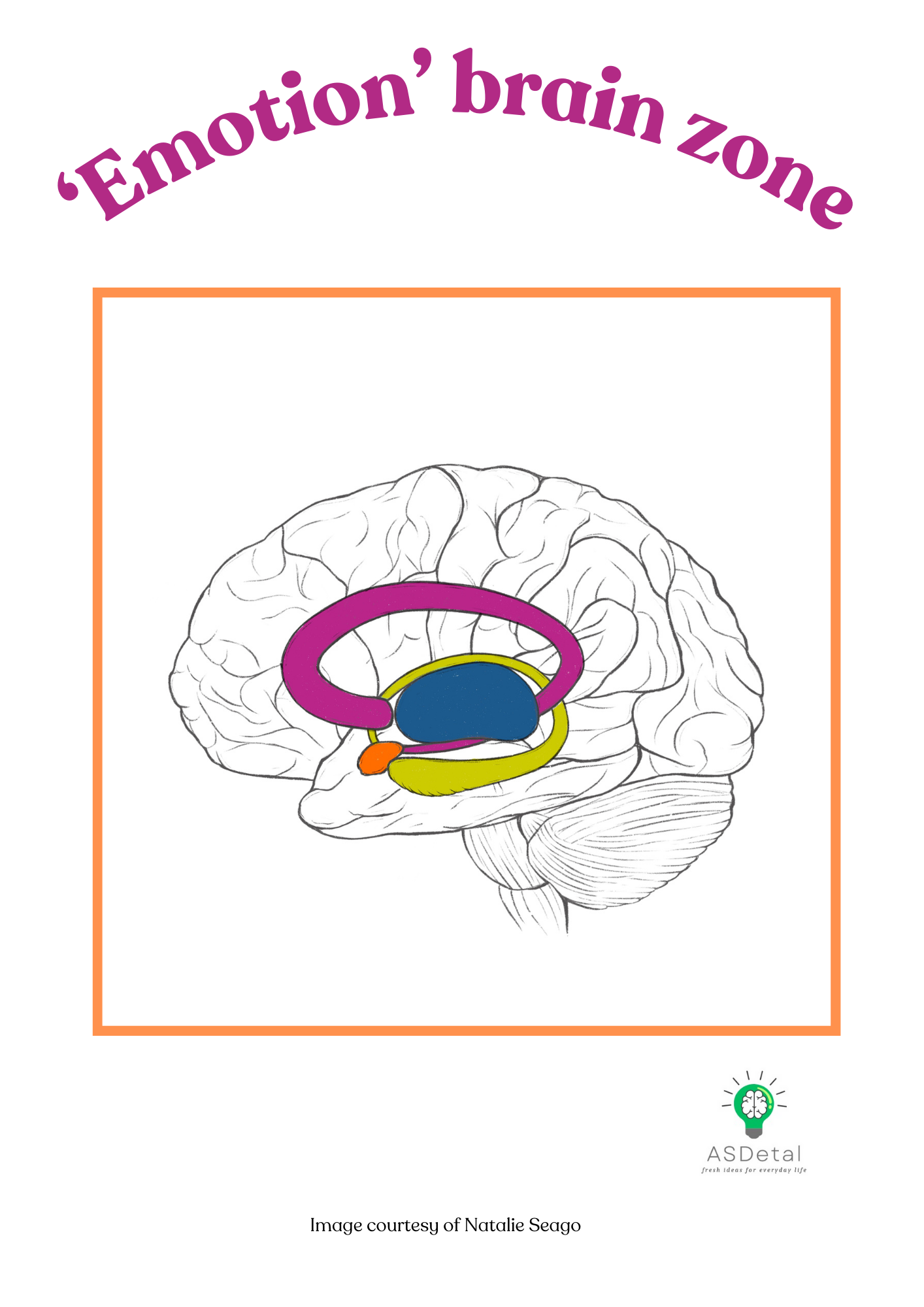Emotions and feelings : common difficulties
Children with Autism or an Attention Deficit Hyperactivity Disorder frequently struggle to manage their emotions. They can display sudden, unexpected, or disproportionate responses, to small things (as it seems to us).
These extreme reactions are known as emotional dysregulation. This is one of the most common developmental skill difficulties I have seen in my clinical practice.
If this is an area of difficulty for your child, do check out the downloadable Strengths and Challenges checklist (SCC-EM ).
I believe that emotional regulation (being able to soothe oneself so as to to calm down from a state of heightened emotion ) is one of the most important skills for children to learn. A top priority!
Beyond early childhood, a lack of emotional control can cause a child to feel shame and embarrassment. As they get older and bigger, a skill deficit can be incredibly difficult for parents. Safety can become a real issue of concern. For older teens and young adults, instances of poor emotional control can lead to serious trouble with the law. It's a vital survival skill in my view.
Difficulties with emotions can come in several forms. Common examples may be :
- recognising and 'tuning in' to own emotions - 'I don't know how I feel'
- managing emotions - losing control when upset
- getting 'stuck' with a feeling - taking a long time to get over it
- not having ways to self-soothe - may hurt self or others (verbally or physically)
- 'holding on' to negative feelings about particular events and bringing them up repeatedly at a later date
- reacting to criticism (actual or perceived) or failure with a big emotional response
- sudden 'switching' of emotions - like a switch has been flicked on or off
- being in a constant state of heightened emotion - not able to feel calm or contented or 'just right'.
To understand more about your child's particular emotion management difficulties, I have put together a downloadable checklist (SCC-EM ), as part of the Strengths and Challenges Checklist series.

As well as having difficulties with their own emotions, our children have to contend with the emotions of others too. Some children may be too attuned, and others not attuned enough, to the emotional state of others. Each of these differences, feeling 'too much' or 'too little', can create difficulties in social understanding and interactions .

Understanding how emotions work

The 'emotion brain zone' (limbic system) lies deep within the brain and is made up of a group of structures that generate our emotions, help to regulate our emotions and mood, influence our body's response to unpleasant experiences, and coordinate sensory input with emotions. The emotion zone also stores memories in a long term memory store. It particularly holds onto memories with a strong emotional component to them.
I have consistently found it helpful to explain to children, in simple terms, how the brain works. Understanding that new 'brain pathways' can be developed or 'built', so as to help the brain manage situations it is finding difficult, can be very empowering.

Other areas of the brain which deal with emotions
Being able to 'tune into' own emotions is often considered to be a sensory skill (interoception), whereas emotional control (I prefer 'management') forms part of the executive function skillset.
Impulse control (another executive function) can also be an important factor to consider when a child is highly emotionally reactive. You can use this Strengths and Challenges checklist (SCC RI) to think about whether this is an area of skill development for your child.
Why are these distinctions important?
Because these abilities are the responsibility of different parts of the brain and, in my experience, they need different strategies to help build and develop them.